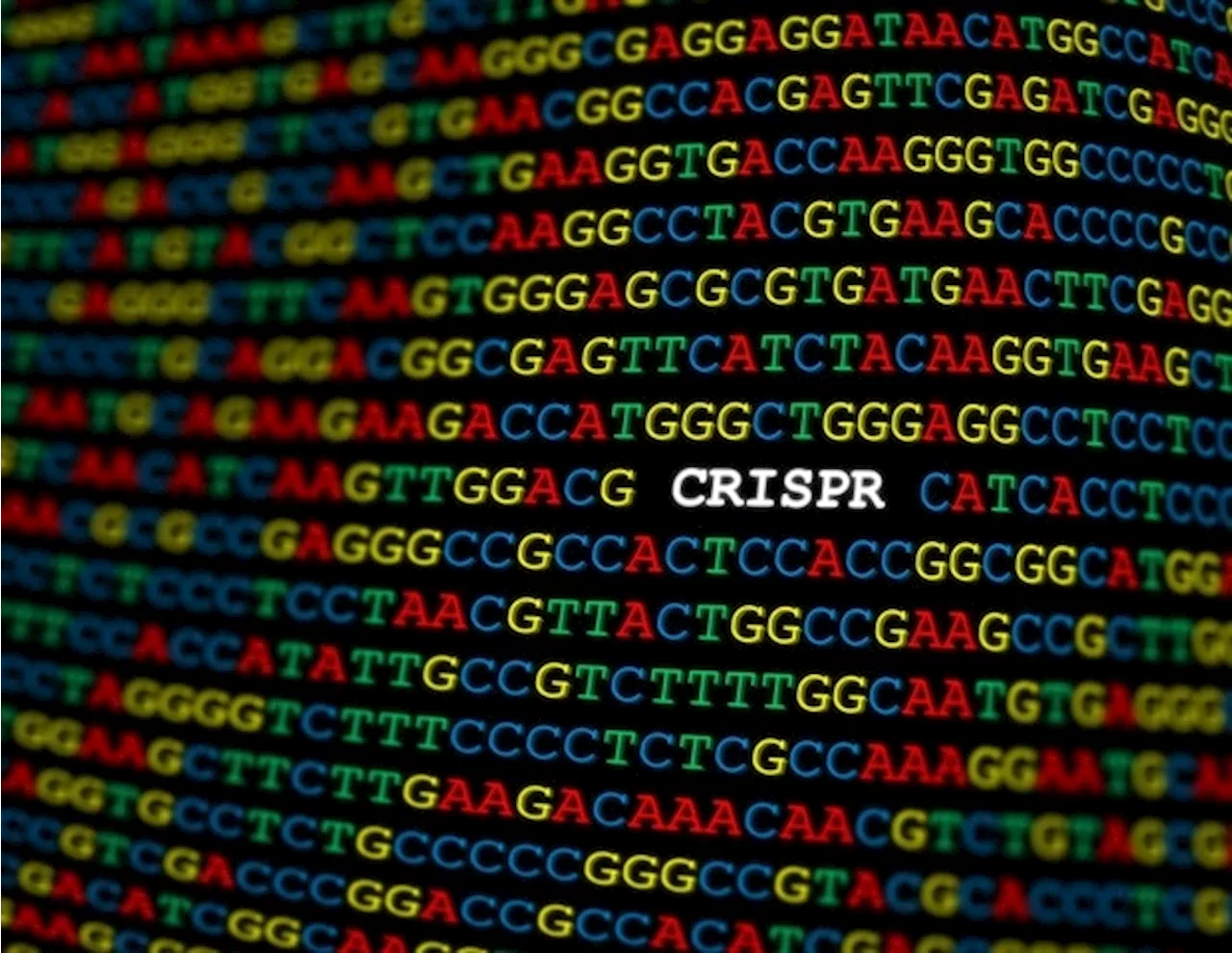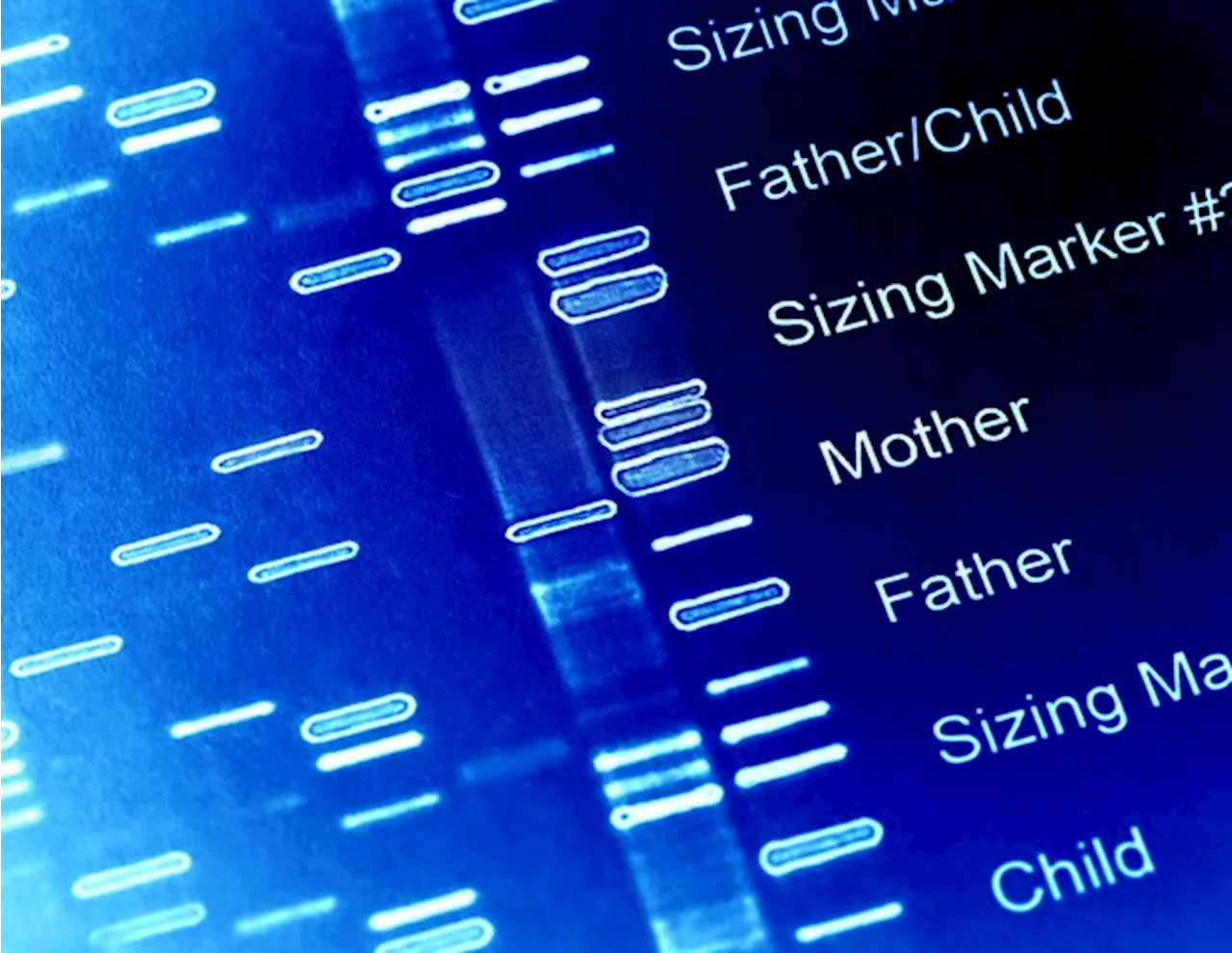The CRISPR tool is capable of repairing the genetic defect responsible for the immune disease chronic granulomatous disease.
University of ZurichNov 6 2024 However, researchers at the University of Zurich have now shown that there is a risk of inadvertently introducing other defects.
Chronic granulomatous disease is a rare hereditary disease that affects about one in 120,000 people. The disease impairs the immune system, making patients susceptible to serious and even life-threatening infections. It is caused by the absence of two letters, called bases, in the DNA sequence of the NCF1 gene. This error results in the inability to produce an enzyme complex that plays an important role in the immune defense against bacteria and molds.
This is a promising result for the use of CRISPR technology to correct the mutation underlying this disease." … but unfortunately, it's not perfect Interestingly however, some of the repaired cells now showed new defects. Entire sections of the chromosome where the repair had taken place were missing. The reason for this is the special genetic constellation of the NCF1 gene: it is present three times on the same chromosome, once as an active gene and twice in the form of pseudogenes. These have the same sequence as the defective NCF1 and are not normally used to form the enzyme complex.
Chromosome Chronic Chronic Granulomatous Disease CRISPR DNA Enzyme Gene Genome Research Technology
United Kingdom Latest News, United Kingdom Headlines
Similar News:You can also read news stories similar to this one that we have collected from other news sources.
 Single treatment with CRISPR gene editing therapy offers hope for hereditary angioedema patientsA single treatment with, a CRISPR-Cas9 based gene editing therapy, is enough to replace the daily medication of patients with hereditary angioedema (HAE), a condition characterized by severe, painful and sudden onset of swelling, sometimes resulting in death.
Single treatment with CRISPR gene editing therapy offers hope for hereditary angioedema patientsA single treatment with, a CRISPR-Cas9 based gene editing therapy, is enough to replace the daily medication of patients with hereditary angioedema (HAE), a condition characterized by severe, painful and sudden onset of swelling, sometimes resulting in death.
Read more »
 Researchers uncover key mechanisms of CRISPR gene editingCRISPR/Cas9 is a gene editing tool that has revolutionized biomedical research and led to the first FDA-approved CRISPR-based gene therapy.
Researchers uncover key mechanisms of CRISPR gene editingCRISPR/Cas9 is a gene editing tool that has revolutionized biomedical research and led to the first FDA-approved CRISPR-based gene therapy.
Read more »
 CRISPR-based rapid molecular diagnostic developed for two forms of leukemiaResearchers at Dana-Farber Cancer Institute have created a CRISPR-based rapid molecular diagnostic for two forms of leukemia that are driven by mutations that involve gene fusions.
CRISPR-based rapid molecular diagnostic developed for two forms of leukemiaResearchers at Dana-Farber Cancer Institute have created a CRISPR-based rapid molecular diagnostic for two forms of leukemia that are driven by mutations that involve gene fusions.
Read more »
 Overcoming CRISPR's side effects for therapeutic applicationsCRISPR is a revolutionary tool that allows scientists to precisely modify the genome and gene expression of cells in any organism. It's a reagent-;a substance that facilitates a reaction-;that combines an enzyme with a programmable RNA capable of locating specific genetic sequences.
Overcoming CRISPR's side effects for therapeutic applicationsCRISPR is a revolutionary tool that allows scientists to precisely modify the genome and gene expression of cells in any organism. It's a reagent-;a substance that facilitates a reaction-;that combines an enzyme with a programmable RNA capable of locating specific genetic sequences.
Read more »
 Ultra-rare gene variants drive coronary artery disease risk in European ancestryResearchers found that ultra-rare genetic variants play a significant role in the heritability of coronary artery disease (CAD), particularly in individuals of European ancestry. These variants, especially those altering proteins or regulating genes in heart cells, pose higher risks than common variants.
Ultra-rare gene variants drive coronary artery disease risk in European ancestryResearchers found that ultra-rare genetic variants play a significant role in the heritability of coronary artery disease (CAD), particularly in individuals of European ancestry. These variants, especially those altering proteins or regulating genes in heart cells, pose higher risks than common variants.
Read more »
 Differential gene expression linked to alcohol use disorder, offering new treatment possibilitiesResearchers identified key gene expression differences in addiction-relevant brain regions that provide new insights into alcohol use disorder and potential therapeutic targets.
Differential gene expression linked to alcohol use disorder, offering new treatment possibilitiesResearchers identified key gene expression differences in addiction-relevant brain regions that provide new insights into alcohol use disorder and potential therapeutic targets.
Read more »
